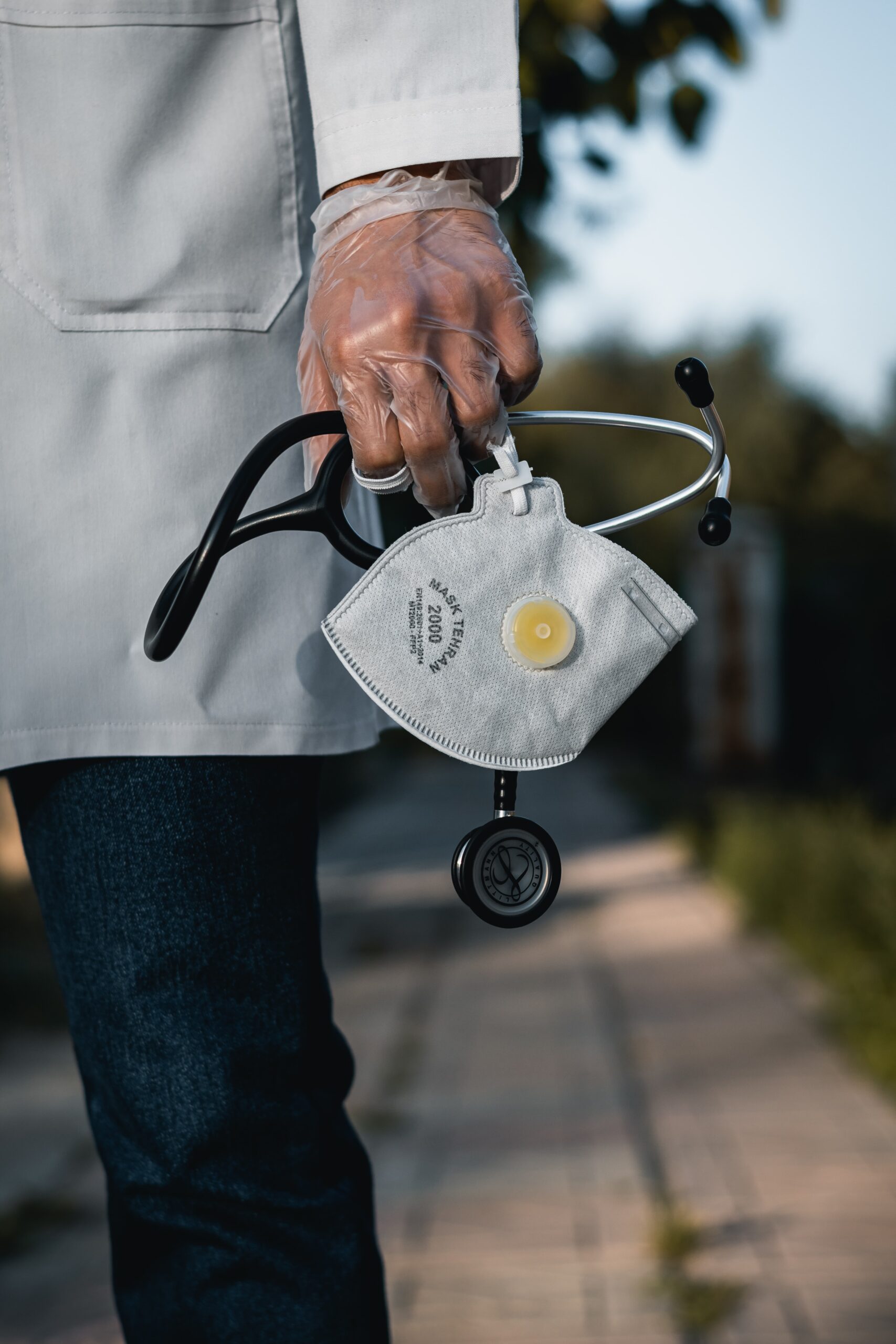One of healthcare’s fundamental issues stems from the fact that it depends on many different elements – private and public organizations, regulators, governments, etc. – to function. This makes the sector slow to react to rapidly changing conditions. For example, a highly fragmented sector driven primarily by market forces, which is the model adopted in the US, is likely to create difficulties for patients changing their residence, among other problems. At the same time, regions like Europe, which mostly relies on universal healthcare models, face their own challenges. On a global scale, the main challenge lies in achieving frictionless cooperation not only between separate service providers, but also between nations and governments.
Blockchain can help here, too, thanks to its ability to promote transparency, enhance the distribution of information across a network and simplify regulatory compliance procedures. The technology can support industry-wide initiatives like the implementation of new industry standards and coordinate efforts to combat health crises like the one we are experiencing right now. Meanwhile, the continued evolution of cross-chain systems is likely to introduce new ways for supporting cooperation on a supranational level
